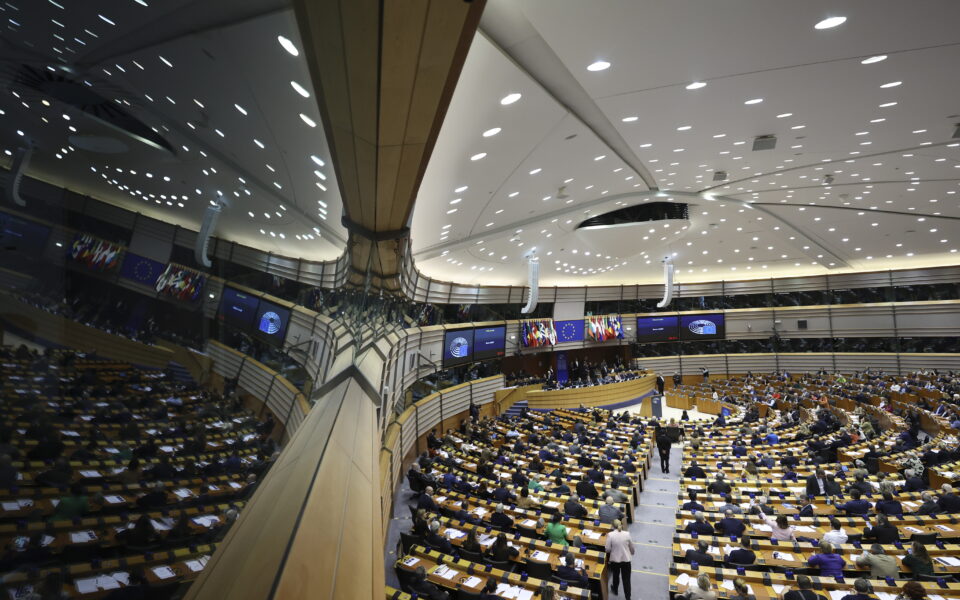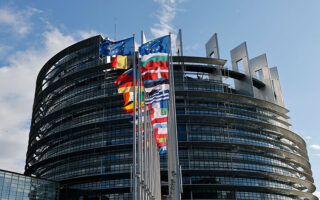The day after, in Brussels

The upcoming elections for the European Parliament are among the most important in the history of the Union, with critical challenges for the future, ranging from immigration, European defense and relations with the United States and China, to artificial intelligence, cyber security, but also the management (at the military, diplomatic, humanitarian and economic level) of two wars with enormous geopolitical consequences.
These elections are obviously important for all EU member-states, but more so for a country like Greece, given its size, geographical location and the benefits, both economic and geopolitical, it derives from its membership in the exclusive club that is the European Union.
Although it is true that on Sunday Greeks, inside and outside the country, are not electing a government, the results will have a crucial impact on how many issues of concern to Greece are handled. More than 70% of the laws that govern the daily lives of ordinary Greeks are the result of the legislative processes in Brussels and Strasbourg. In this context, it matters who will be the people chosen to represent the country in Europe’s legislative body and this applies to all parties.
The deepening of European structures and democratic processes and the strengthening of the powers and role of the European Parliament give special value to the role of the 21 Greeks who will become Euro-deputies. The more informed, competent and experienced they are – regardless of ideology – the better for Greece.
A few days ago, in a debate on regional development in the western port city of Patra, the head of the MEPs of ruling New Democracy (ND), and former president of the party, Evangelos Meimarakis, went so far as to state directly that it would benefit Greece if SYRIZA, the country’s second-largest party and ND’s main rival, joined the socialist group, the second biggest in the European Parliament (with 139 seats while the European People’s Party has 176) in order to have more influence on the formation of laws.
From a purely domestic political perspective, one would imagine that it would benefit the government if its main opponent remained in the much less influential party of the European Left (37 seats). And yet, it is not so.
The stronger the voice of Greece – across the ideological spectrum, especially in the three major parties – the better for the country. With the hope, of course, that in matters of increased interest for Greece there will be cooperation and coordination anmong all the Greek MEPs.
All the above points would justify increased voter interest and participation in these elections. Unfortunately, the signs are not encouraging.




